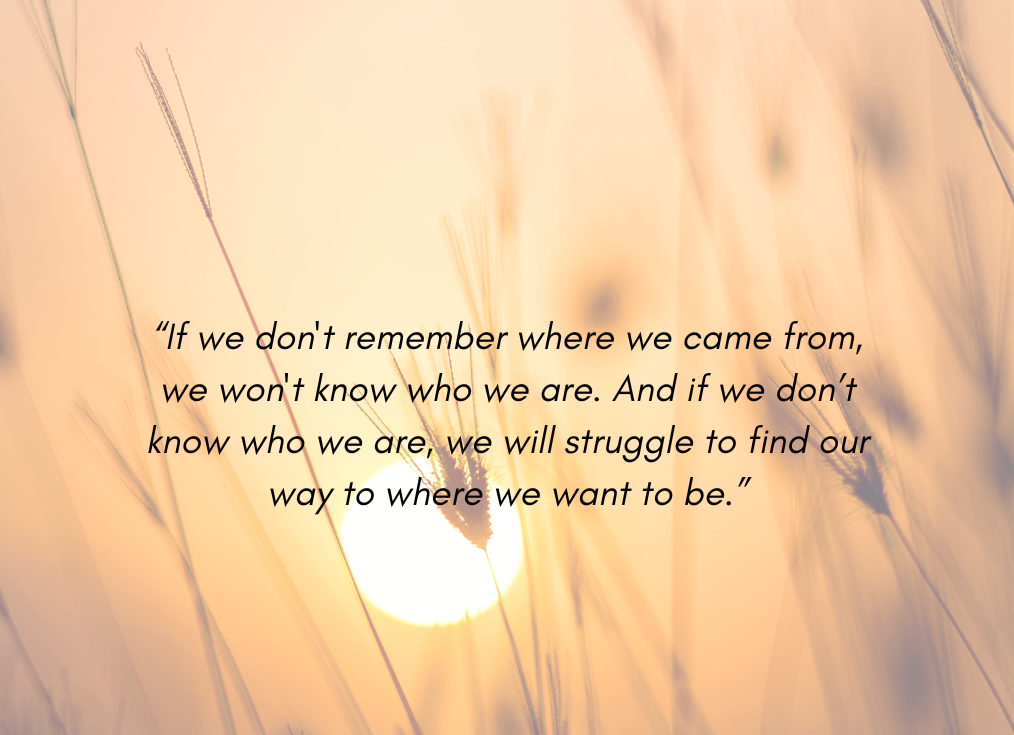Living Legacies

January 5, 2023/ 24 Tevet 5784
In this week’s Torah portion, Shemot, we embark on the narrative of the Israelites’ enslavement in Egypt and witness the emergence of Moses as a transformative leader. This Torah portion not only marks the beginning of the Book of Exodus but also encapsulates profound lessons about passing on our values, morals, and ethical teachings from one generation to the next.
A pivotal verse in Shemot is found in Exodus 1:8 when “A new king arose over Egypt, who did not know Joseph.” This verse serves as a stark reminder of the transient nature of power and the cyclical nature of history. It is a poignant moment that underscores the impermanence of individual legacies and the potential erosion of shared values over time.
As we delve into the parshah, we witness how Moses’ mother, Yocheved, and sister, Miriam, play integral roles in modeling the values of courage and resilience that the Jewish people will emulate for generations to come. Faced with the decree to kill all male Hebrew infants, Yocheved courageously hides her son and through divine intervention entrusts him to the care of Pharaoh’s daughter. Miriam, the vigilant sister, ensures that Moses is reunited with his birth mother, safeguarding the perpetuation of his Hebrew heritage.
…
However, the mere act of personal commitment is not sufficient. Parshat Shemot also highlights the indispensable role of community in providing the context for living out these values. Moses’ journey from the royal palace to the burning bush, from a place of privilege to a life of purpose, is shaped by the community that surrounds him. The burning bush itself, a symbol of divine presence, serves as a reminder that values are not lived out in isolation but within the broader context of a shared narrative.
Jewish tradition places a profound emphasis on community, with the understanding that it is within the collective that values are tested, reinforced, and perpetuated. Rabbi Abraham Joshua Heschel obm taught that the individual can only be understood in terms of their relationship to the community, and the community can only be understood in terms of its relationship to Gd.
Parshat Shemot imparts a powerful lesson about the resilience of our values in the face of adversity and the duty we bear to pass them on to the next generation. It prompts us to reflect on the legacy we are building while we are alive – the name and reputation that will outlast our physical presence. Our actions and the values we instill in our descendants become the enduring testimony of our existence.
Rabbi Jonathan Sacks obm beautifully conveyed the theme of passing on values in the context of this week’s Torah portion. He emphasized the importance of memory as the foundation of identity because it is the link between past and future. If we don’t remember where we came from, we won’t know who we are. And if we don’t know who we are, we will struggle to find our way to where we want to be.
The community, in its diverse tapestry of experiences and perspectives, provides the fertile ground for values to take root and flourish. It offers the challenges and opportunities necessary for individuals to navigate the complex terrain of ethical decision-making. Through communal rituals, shared celebrations, and collective responsibilities, the values become interwoven into the very fabric of daily life.
Parshat Shemot beckons us to actively engage in the transmission of our moral and ethical compass, fostering a legacy that extends beyond our lifetime. Through the interplay of historical accounts and timeless teachings, we are reminded that our identity is not just about who we are in the present, but also about the values we impart, ensuring an everlasting impact on the generations that follow.
Please take the time this week to call a loved one, pen a letter, or type an email that shares a lesson learned through your wisdom of experience. Reflect on how your heritage, traditions, culture, and faith influenced, or was influenced by, the experience. The preservation of five thousand years of Jewish continuity depends on the passing on of these teachings. Because we are…
Shabbat Shalom.

